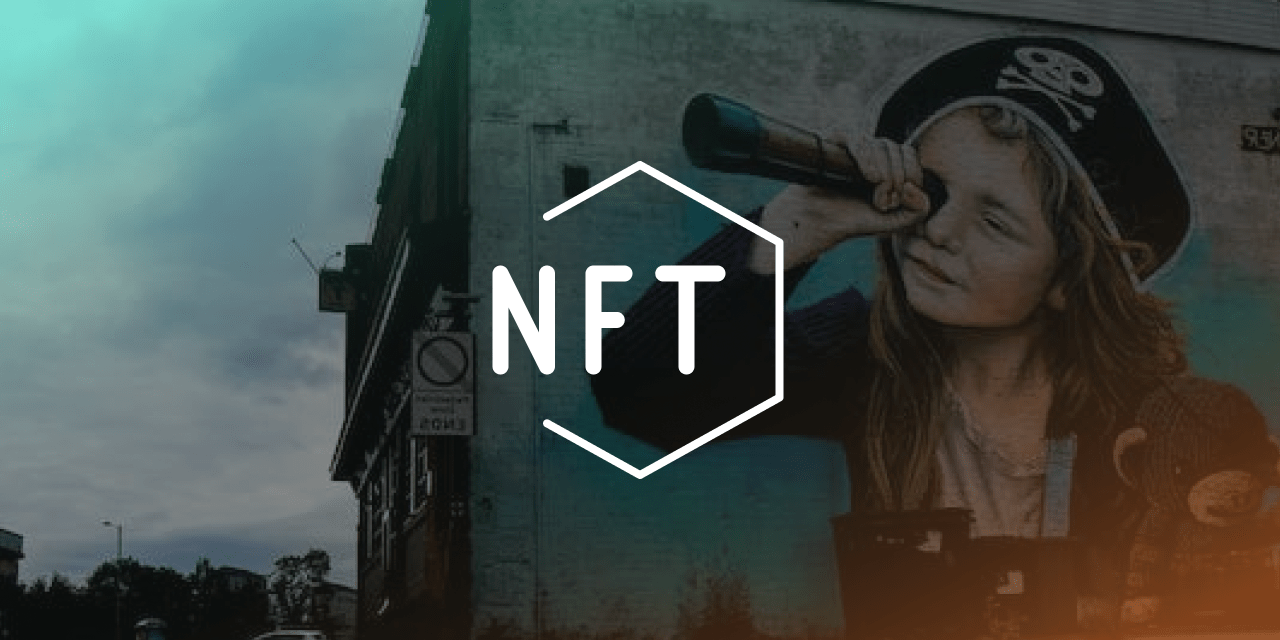How the travel industry can leverage tokenization of digital assets

We'll keep this brief because the topic has been around for a long time, and numerous authors have done a great job explaining what NFTs actually are. But here's our brief take:
Have you seen such or a similar picture in the last few years? Then you already know in principle what an NFT is - or rather: what an NFT can be.
 Source: Bored Ape Yacht Club; NFTs like this one sold for at least 200k USD on average in 2021
Source: Bored Ape Yacht Club; NFTs like this one sold for at least 200k USD on average in 2021NFTs are used to tokenize assets, like the monkey you can see above. Well, more generally speaking, NFTs tokenize all assets - digital art is the best-known example, but in theory, you can format anything you want as an NFT. Ships, houses, company shares, contracts, music, you name it…
The goal of this tokenization process is to clarify and establish the ownership of an asset. This makes sense because compared to haptic goods, for digital goods, it's not that easy to claim ownership. To stay with the example of digital art: Before NFTs, it was impossible to say what a digital image is worth or who owns it. After all, you can copy and replicate it thousands of times. So why would it be worth anything?
With an NFT, creators turn virtual goods into unique and tamper-proof collectibles - a digital certificate of authenticity, so to speak. This gives the works a value that arbitrarily duplicated content cannot have. So, in short, an NFT makes a digital asset unique, immutable, and non-exchangeable.
Many people by now know what NFT stands for, but few people understand what non-fungible token means. So here's the explanation of the term in a couple of sentences.
Currencies are fungible. When you give a friend one Euro, and he or she gives you one Euro back in exchange, it's like nothing has happened. You still both own one Euro.
If you, however, trade the Mona Lisa for Van Gogh's Starry Night, each of you now has a different painting than before (and a whole lot of trouble with international police). NFTs, therefore, like the Mona Lisa or Starry Night, can't be traded without any change occurring because they are unique. They are non-fungible. That is, "non-fungible" more or less means that it is distinctive and cannot be replaced by anything else. This already clarifies the first part of the word. "Token," the second part, should be a familiar term to loyal readers of our blog by now. But for now, it's enough to know that token means that the ownership certificate we want to create is on the blockchain. Every NFT contains a digital signature which makes each one unique, and its signature is stored on the blockchain.
There are numerous ways NFTs can be of use in today's and the future's travel industry, but here are two examples to get you started.
Digital art doesn't have to be just for art nerds. People have always loved to take souvenirs from their travels, write postcards to relatives to remember the new impressions forever, and share them with their loved ones.
With the ability to generate NFTs on Camino (to "mint," as they say in the industry), customers can, for example, collect NFTs at different hotels (as "proof of travel"). Be it a souvenir or a picture; they can manage these in their collection online. This is comparable to Starbucks cups, which are only available in certain Starbucks stores. These collectibles would only be available in certain hotels. Even major streaming services, such as Spotify, have now jumped on the bandwagon and test NFT-enabled playlists.
What do we really sell to customers when a booking is made?
We sell the right to board an aircraft or the right to stay in a hotel room. These rights can be easily tokenized into digital assets like NFTs. By this, ownership is always saved on a single source of truth that can't be tampered with. And because all involved parties (the hotel or airline, the travel agent that sold the journey, all intermediaries, and most importantly: the customer) look at the same data entity - the NFT - instead of looking into their individual data sources, there is no chance of anything going the wrong way. The times when one would book a suite with a sea view and ends up looking against a wall on their vacation would finally be over. Additionally, all payment processes can be handled on-chain, too, and thus shape a more cost-efficient ecosystem for all involved. And because the payment for the digital asset and the transfer of the digital are handled within one transaction instead of two, this way of collaboration is even more secure. In fact, the exploration, due diligence, and trust-inducing phases of doing business in the travel industry will be reduced to a minimum, if not vanish at all.
All of this, the creation of the digital asset, the transfer to intermediaries and finally to the end-customer, and all payment processes in between, is managed by smart contracts.
Smart contracts, also known as intelligent contracts, are electronic contracts based on a computer program that automate business processes in a legally secure manner, including between partner companies. You can basically compare them to conventional contracts, such as those concluded when buying a car or accepting a job. The difference is, however, that smart contracts are based on blockchain technology and exploit the advantages of this technology, such as transparency, forgery protection, and availability.
Frequently, smart contracts are used in supply chains to control the movement of goods between partner companies, to carry out automatic orders, and thus also automatic payments. As a result, smart contracts greatly simplify how companies work with each other. Payments no longer need to be authorized. The blockchain recognizes when a company has fulfilled its contractual obligations and then authorizes the transaction on its own. For NFTs, smart contracts are often used to automate the buying and selling process. For example, if you want to sell an NFT, you could create a smart contract that automatically transfers ownership of the NFT to the buyer when they send the required amount of cryptocurrency to the contract. This mitigates the need for intermediaries like auction houses or art dealers and makes the transaction faster, more secure, and more transparent. In the example of commissions we have used above, smart contracts are also a great tool. Creators of digital art can simply state in the contract that they own a commission (say 5%) of the current price of the art every time the asset is sold to someone else. As for the travel industry, smart contracts could be used to automate many aspects of the travel booking process. For example, a smart contract could be used to automatically transfer funds to a hotel when a traveler checks in or to release a refund if a flight is canceled. Smart contracts could also be used to create loyalty programs or to enforce travel insurance policies.
Imagine you're a frequent traveler who loves staying at a particular hotel chain. Instead of traditional loyalty rewards like points or free nights, the hotel could issue NFTs to loyal customers. These NFTs could serve as vouchers for things like room upgrades, free meals, or even exclusive experiences like a private city tour.
Not only would this incentivize customers to stay loyal to the hotel chain, but it would also give them a tangible digital asset they could collect and trade - the possibility to trade can also help attract new customers.
Of course, there are voucher solutions in place today, but with Camino, voucher solutions can be implemented much easier, more creatively, and more securely with more efficient simultaneous billing between partners.
We hope you've learned today that NFTs are not just about buying and selling digital art for millions of dollars. They are a powerful tool for establishing ownership of assets, which can be useful in the travel industry. With the ability to generate NFTs, the travel industry can grow more together, collaborate more easily and securely, and focus on creating great experiences for travelers. Customers can collect digital souvenirs at different hotels and manage them in their online collection. Additionally, smart contracts make it possible to automate business processes in a legally secure manner, providing transparency, forgery protection, and availability. What is even more important - the three examples we've mentioned today are only the beginning. The possibilities to use NFTs and smart contracts in travel are basically endless. Therefore, NFTs have the potential to revolutionize the way we travel, creating new possibilities for authentic experiences and memories. So, don't underestimate the power of NFTs, and reach out if you want to learn more!